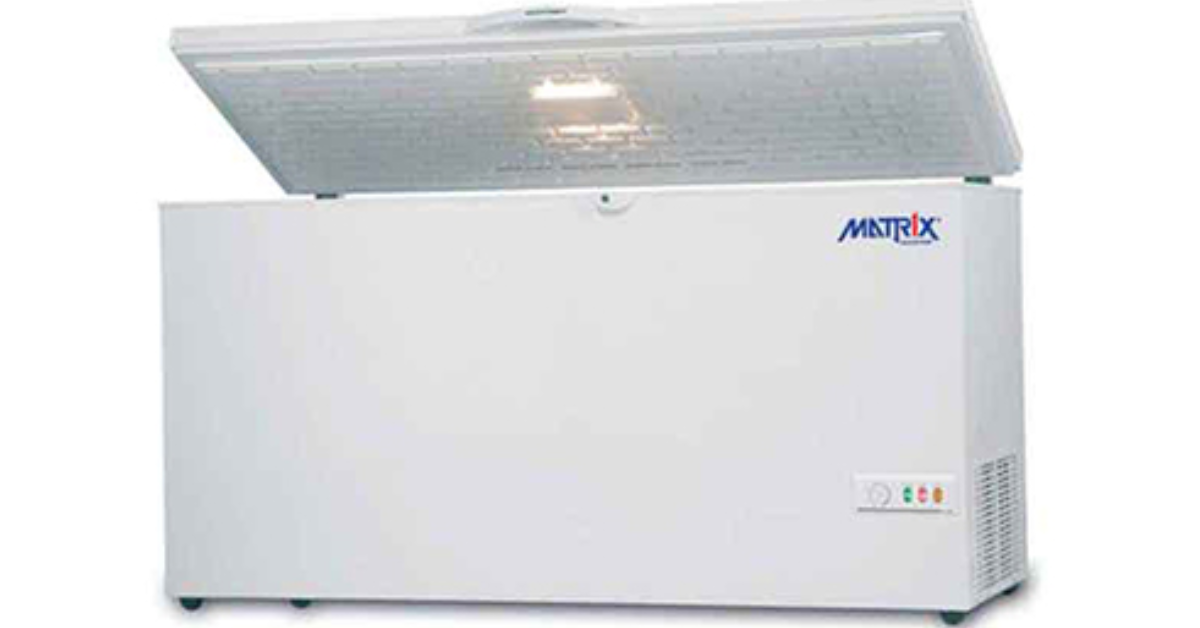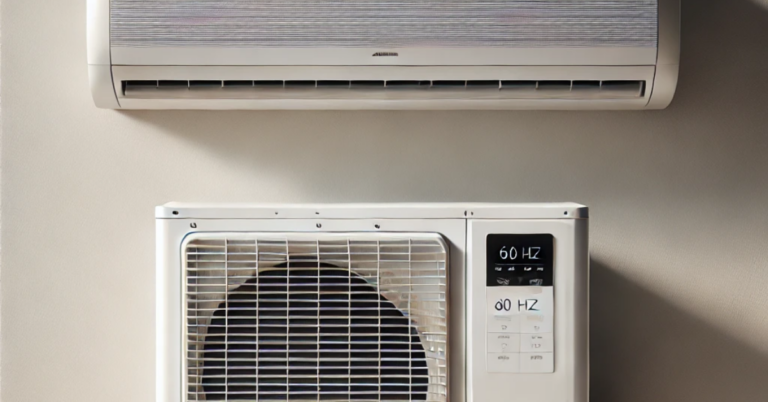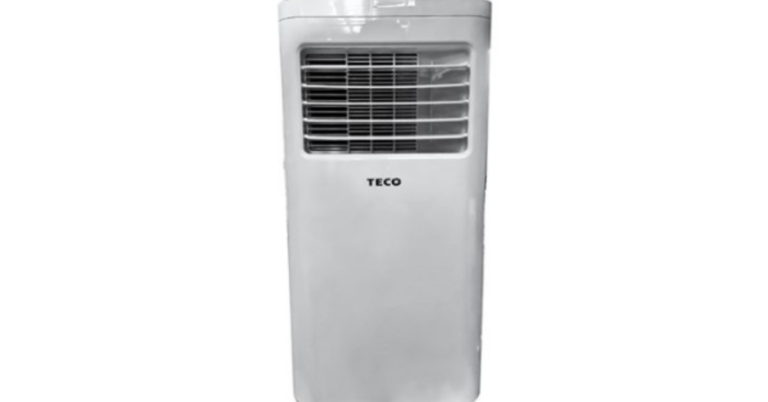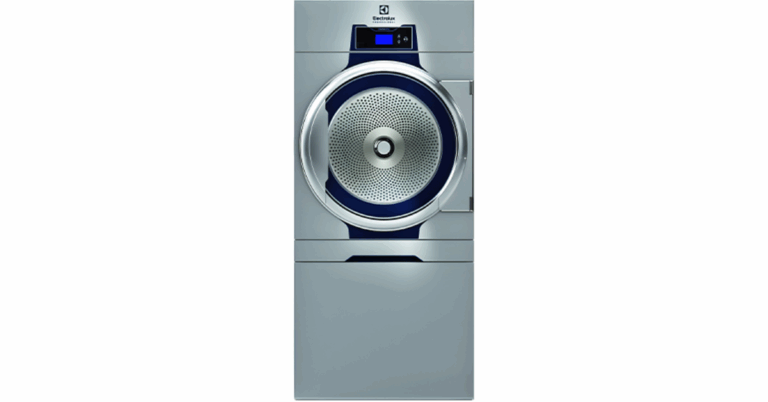Choosing the Right Marine Freezer 220V for Your Vessel: A Complete Guide
When operating in marine environments, the reliability and performance of every onboard appliance matter. Among the most crucial is the Marine Freezer 220V a dependable solution designed specifically to meet the unique needs of seafarers and cruise ship operators. These specialized freezers are essential for preserving perishable goods, especially on long voyages where resupply is not an option. Whether you’re managing a commercial vessel, a private yacht, or a cruise ship, selecting the right marine freezer can make a significant difference in efficiency, safety, and cost-effectiveness.
Why Marine-Specific Freezers Matter
Regular household or commercial freezers are not built to withstand the harsh conditions of marine environments. Saltwater corrosion, constant vibration, limited space, and irregular power supply can all compromise the performance of standard freezers. Marine freezers, on the other hand, are specifically engineered for durability and energy efficiency at sea. The Marine Freezer 220V, in particular, is designed to operate efficiently on 220-volt power systems, which are standard in most marine electrical setups, especially on larger vessels and cruise ships.
These freezers offer robust insulation, corrosion-resistant materials, and secure lid mechanisms that prevent spillage or temperature fluctuations even in rough sea conditions. Most importantly, their compact yet spacious designs maximize storage while minimizing their footprint—an important consideration for ships where space is always at a premium.
Key Features to Look for in a Marine Freezer 220V
When purchasing a marine freezer, it’s essential to assess not just the power requirements but also the specific features that make a model suitable for marine use. Here are several key factors to consider:
-
Power Compatibility and Efficiency
Since ships typically run on a 220V power supply, ensure that the freezer is fully compatible with this voltage. A Marine Freezer 220V is optimized for this voltage range and consumes power efficiently, which is crucial for conserving onboard energy resources. -
Corrosion Resistance
Saltwater and high humidity can quickly corrode metal surfaces. A good marine freezer will have anti-corrosive coatings or stainless-steel bodies to withstand marine conditions. -
Space Optimization
Marine appliances need to be compact and cleverly designed. Chest-style freezers are common as they provide more storage per square inch and maintain temperature better when opened. -
Temperature Control and Consistency
Reliable temperature settings and the ability to maintain cold temperatures during brief power interruptions are vital. Marine freezers often come with advanced thermostatic controls to handle these challenges. -
Secure Lid and Locking Mechanisms
Movement and vibration at sea mean lids need to remain securely shut. Look for models with locking systems to prevent accidental opening during rough seas. -
Noise Levels
Onboard noise can impact comfort, particularly on cruise ships or luxury yachts. A low-noise freezer ensures quiet operation, contributing to a more pleasant onboard experience.
Applications of Marine Freezers on Vessels
Marine freezers are used for a wide variety of purposes on different types of vessels:
-
Fishing Vessels
To keep the catch fresh until offloading, deep-freezing capacity and rapid cooling are essential. -
Cruise Ships
High-capacity Marine Freezer 220V models help in storing large volumes of food for hundreds or thousands of passengers. -
Private Yachts and Boats
Compact and stylish freezers provide luxury boat owners with a reliable way to store gourmet ingredients and beverages. -
Naval and Research Vessels
These ships often require storage for not only food but also scientific samples, requiring precision temperature control.
Installation and Maintenance
Proper installation of a marine freezer ensures its longevity and reliability. Most marine models are plug-and-play with 220V systems but may require professional mounting to secure them in place. Maintenance is equally important. Regular cleaning of the interior and defrosting as per the manufacturer’s recommendation will extend the life of the unit. Moreover, periodic checks of seals, hinges, and compressor efficiency help keep the freezer operating optimally.
Unlike standard home appliances, marine freezers often need specialized servicing due to their exposure to harsh environments. Many manufacturers provide dedicated marine appliance technicians or helplines for remote troubleshooting while at sea.
Choosing the Right Capacity
Marine freezers come in a range of capacities to suit various needs. A 258-liter Marine Freezer 220V, for instance, offers a practical balance between storage and size. It is ideal for mid-to-large vessels that require significant food storage without compromising cabin space. This size is sufficient for a week’s worth of supplies for a medium crew or can serve as additional storage on larger ships.
Capacity also determines energy usage, so it’s important to match the freezer size with actual onboard needs. Overestimating capacity may lead to unnecessary power consumption, while underestimating it could lead to storage shortages during extended voyages.
Sustainable and Smart Freezing
With the maritime industry increasingly focused on sustainability, modern marine freezers are being designed to be eco-friendly. Many models now use advanced refrigerants with low environmental impact and come with energy-saving features like smart defrosting and eco-mode operation. In some high-end units, smart sensors and digital interfaces allow for remote monitoring and control—an advantage when managing a fleet of vessels or optimizing onboard systems.
These intelligent systems not only improve performance but also reduce waste and energy costs, aligning with the global push toward greener marine operations.
Conclusion
Investing in a Marine Freezer 220V is more than just purchasing a freezer—it’s about ensuring long-term reliability, safety, and efficiency at sea. Whether you run a cruise line, operate a fishing boat, or captain your own yacht, having the right freezer onboard is essential. From energy efficiency and storage capacity to durability and smart features, the right marine freezer helps ensure that your crew and passengers have access to fresh, safe, and well-preserved food throughout the journey.
When making your choice, consider the unique needs of your vessel, the length of your voyages, and the space available. Opt for a high-quality, purpose-built marine freezer that can withstand the elements and deliver consistent performance. With the right freezer onboard, your vessel will be better equipped for everything the ocean throws your way—whether that’s a week-long cruise or a month-long fishing expedition.




